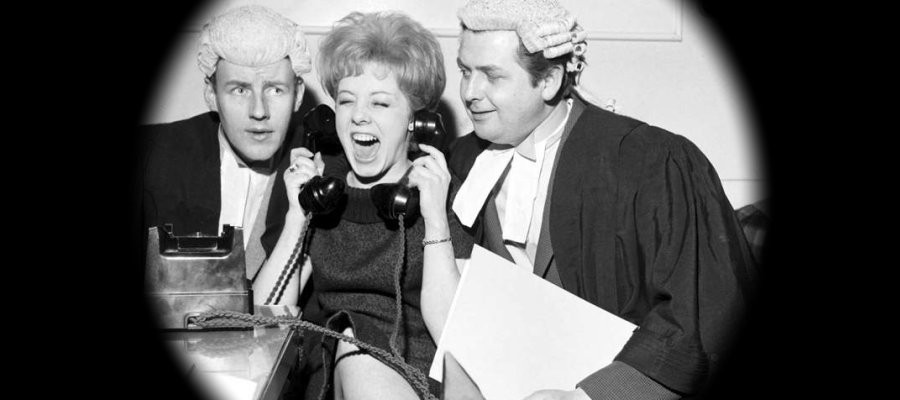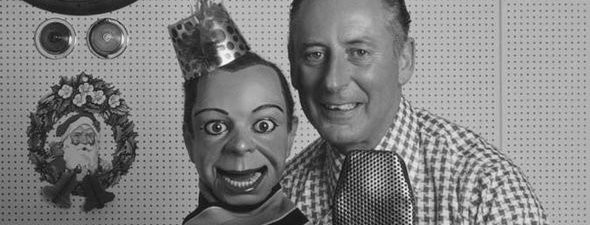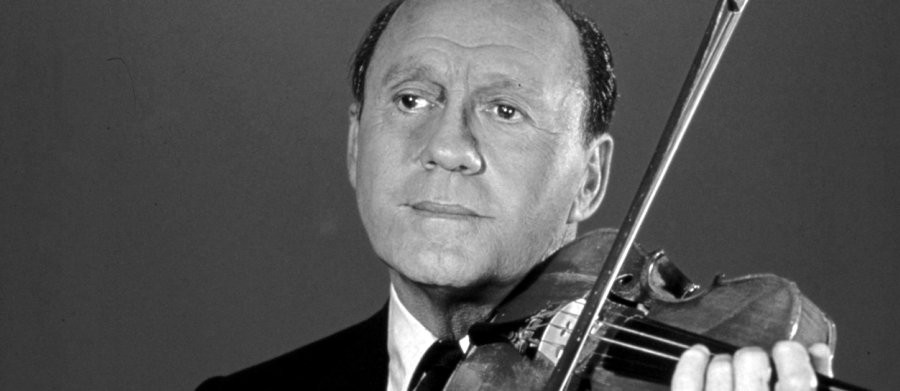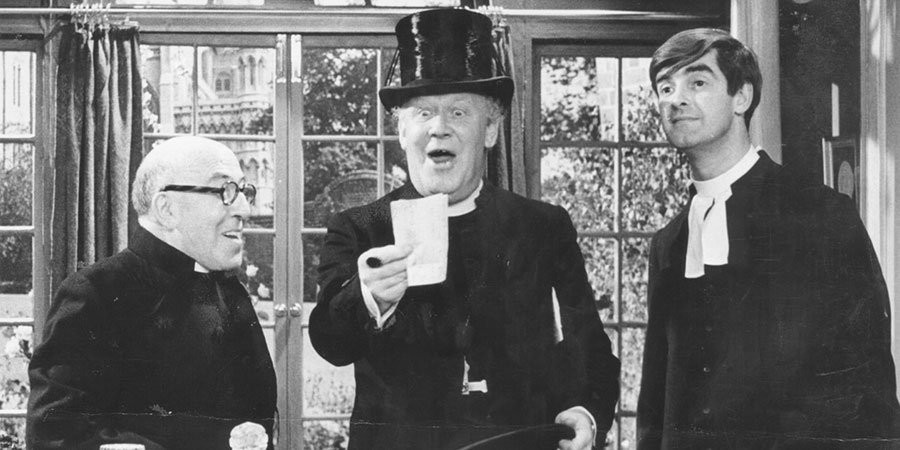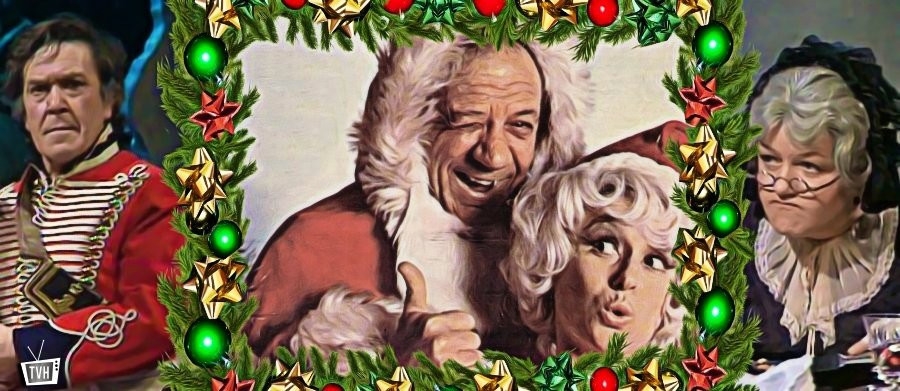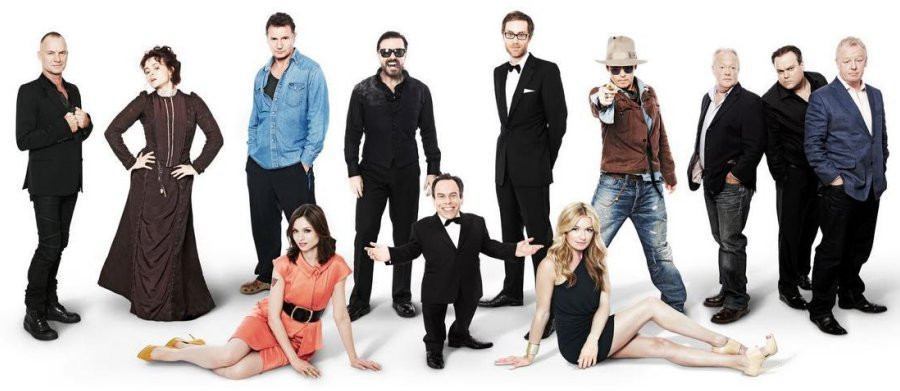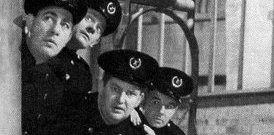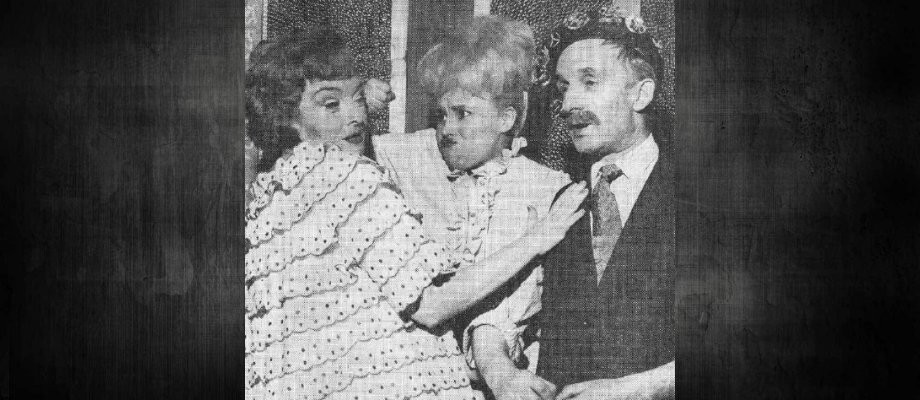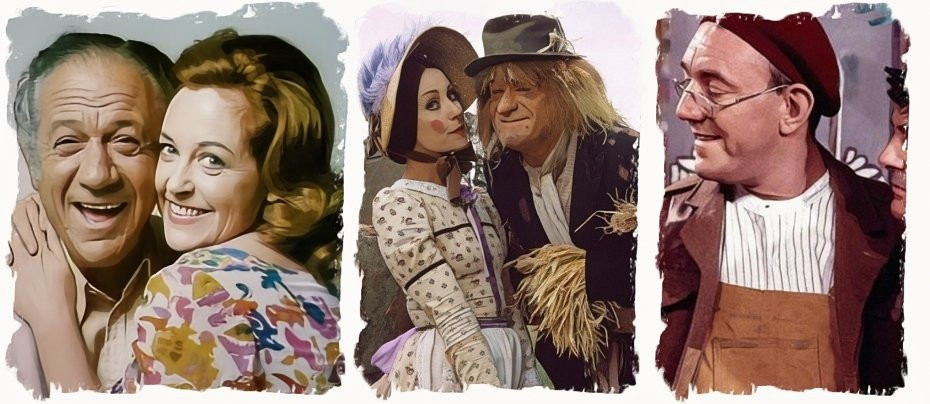
The Laughter Makers
The story of four prominent scriptwriters who shaped British comedy, one clever quip at a time
Comedy scriptwriters are the unsung heroes behind the scenes of our favourite sitcoms, films and stand-up routines. They possess a unique blend of imagination, timing, and wit, constructing the funny lines and humorous scenarios that bring characters to life and, ultimately, laughter to our lives. The journey from a blank piece of paper to a finished script is fraught with challenges, yet the reward of eliciting joy and amusement makes every struggle worthwhile.
Holding a vital place in the entertainment industry, their work often makes them, with a few exceptions, the forgotten stars of humour, crafting the hilarious circumstances that make audiences laugh, while those in front of the camera often take all the credit. Their brilliance and creativity are the backbone of every successful comedy and without their skilful storytelling and sharp humour, the magic of on-screen comedy would not exist, underscoring their essential but often overlooked role in our lives.
In this article we take a look at four stalwarts of the British comedy industry and acknowledge the debt we owe to them. You may not be familiar with their names, but you will certainly have laughed at their lines.
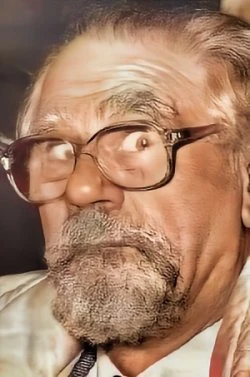
Dave Freeman was one of the first comedy scriptwriters to establish himself on television and went on to become one of Britain's leading comedy writers. In a career that spanned four decades, he produced sketches for the likes of Tony Hancock, Benny Hill, Tommy Cooper, Terry Scott, Spike Milligan, Charlie Drake, Arthur Askey, Sid James, Leslie Crowther, Roy Hudd, Jimmy Edwards, Harry Worth and Frankie Howerd.
Born in Marylebone, London, on 22 August 1922, Freeman trained as an electrician before joining the Royal Naval Fleet Air Arm as a petty officer at the outbreak of the Second World War. He served in the Pacific before returning to civilian life 'of sorts' in 1946 when he signed up to the Metropolitan Police as a constable, eventually becoming a detective with Special Branch. In 1951, he was called up by the Navy again for the Korean War. After this he spent another period back at Special Branch but left to become a journalist. Freeman, along with John Junkin and Terry Nation teamed up to write episodes of a radio series for Elsie and Doris Waters in 1956, but it was while he was working as a security officer for the American Officers' Club in Regent's Park, London, that he struck up a friendship with Benny Hill. The pair started writing together.
In those days, Hill was working for the BBC in a new style of comedy show. Freeman's son, Greg Freeman, later observed that, “My father and Benny were trailblazers and their sketches paved the way for the comedy we have today. It was the forerunner of programmes like The Fast Show.”
Hill and Freeman co-wrote the show from 1956 until 1968 when Hill left for ITV and took over all the writing for himself. The duo had also collaborated on the West End revue Fine Fettle, which ran for nine months at the Palace Theatre, as well as a series of TV commercials for the soft-drinks company Schweppes. They produced more than fifty adverts over five years and, in 1961, became the first winners from Britain of the Grand Prix de la Télévision at the Cannes International Festival of Publicity Films, beating more than 500 entries from 21 countries. Following the success of the Schweppes adverts, Freeman was asked to write a series of television commercials for the Egg Marketing Board starring Tony Hancock and Patricia Hayes.
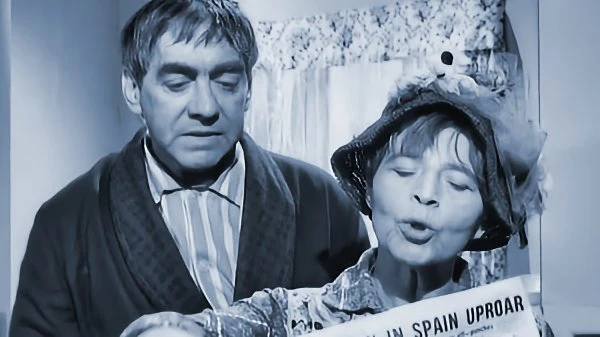
As well as writing solo for pantomimes and revues, Freeman also started to supply scripts for The Ted Ray Show (1955-59), and Great Scott - It's Maynard! (starring the comedy duo Terry Scott and Bill Maynard, 1955-56). Switching channels, Freeman, Junkin and Nation joined Spike Milligan in scripting The Idiot Weekly, Price 2d (1956) for ITV. Goonlike in its content, it was sadly only screened in the London region.
Throughout the sixties he worked on The Sid James Show, The Illustrated Weekly Hudd (with Roy Hudd) and created sitcoms for Roy Kinnear (World of His Own) and Jimmy Edwards (The Fossett Saga). He wrote a fantasy serial, Knock Three Times, starring Hattie Jacques and Jack Wilde in 1968 as well as an episode of The Avengers (The Rotters) and later contributed to some of Britain's best loved sitcoms such as The Dustbinmen, Robin's Nest, Terry and June, Keep It in the Family (writing nine episodes with his scriptwriter son Greg), and Bless This House. Also, in 1968 he wrote the screenplay to Jules Verne's Rocket to the Moon which starred Terry-Thomas and Lionel Jeffries.
A prolific practitioner, he was a master of the pun and double entendre which made him wholly suitable to write for the Carry On series - first on TV with Carry On Again Christmas (1970) then Carry On Christmas: Carry On Stuffing (1972), and eventually the film Carry On Behind (1975). He also wrote the screenplay for the much-derided Carry On Columbus, but by that time the format was very much out of date and, without the stalwarts of the original Carry On series, it failed to make any impact on the box-office.
Freeman claimed that theatre was his first love and wrote the farce A Bedful of Foreigners, which ran in the West End for 18 months in 1973-74, starring Terry Scott and June Whitfield, which, in 2000 was made into a Greek TV movie (Pyrotehnimata sto tsepaki mou - literal translation: Fireworks in My Pocket). In 1982, Key for Two, starring Moira Lister and co-written with John Chapman was nominated for the Laurence Olivier Award for Best New Comedy after opening at the Vaudeville Theatre. His third play, Kindly Keep It Covered, starring Terry Scott and Amanda Barrie, opened in 1987 at the Churchill Theatre, Bromley. It also ran for a year in Vienna as well as playing throughout Europe.
Dave Freeman passed away on 28 March 2005 after a prolonged illness. He was 82 years of age.
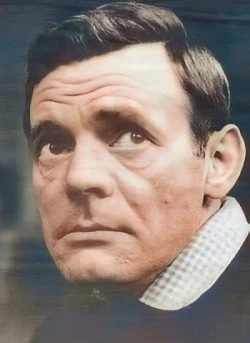
Eric Merriman was a prolific British comedy scriptwriter from the fifties through to the eighties. Along with Spike Milligan, Eric Sykes, Ray Galton and Alan Simpson and Johnny Speight, he shared offices at Associated London Scripts, sometimes referred to as 'The House of Fun' and sometimes referred to as the 'Comedy Club'. Based in West London, ALS was the brainchild of Milligan and Sykes to act as a conglomerate of comedy writers and performers who would form a community where their unique talents would bounce off each other to create something quite exceptional. As the house filled with creative talent it helped to shape British postwar comedy into what is now rightly regarded as a Golden Era.
Eric Hugh Peter Merriman was born in Golders Green, North-West London, on 6 December 1924. He was born into a showbiz family, his father, Percy Merriman, had led a First World War concert party called the Roosters for which he also wrote scripts. The Roosters featured in the early days of British radio and the young Eric was keen to follow in his father's footsteps, but according to Eric's friend, the actor Bill Pertwee, he had a difficult childhood. When he left school, his first job was as a subeditor on a scout magazine, and he created sketches for the Boy Scout gang show. He also contributed sketches for Ralph Reader's Gang Shows, an early breakthrough for him in the showbiz world, and in the early forties he was employed by Picture Post magazine as a caption writer. In 1943, he joined the RAF and trained as a gunner and navigator - whilst off duty he sang and played drums in his station dance band. Postwar, he sold advertising space with the Financial Times, but soon came fulltime comedy writing and, through ALS, his work was performed by such radio and television performers as Dickie Henderson, Bill Maynard and Terry Scott.
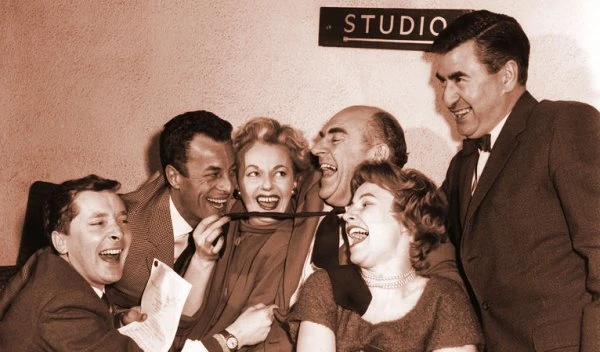
Beyond Our Ken (1958-64), starring Kenneth Horne, was Eric's most successful radio series. He wrote the first two series with Barry Took, and then wrote more than 90 programmes, alone, for the next five series. To support Horne, he brought in Kenneth Williams, Hugh Paddick, Betty Marsden, Pat Lancaster and Bill Pertwee. The series was followed by Round the Horne. Prior to Took and Merriman going their separate ways they worked on the last editions of Take It From Here. At the same time, Merriman's work was beginning to make its mark on television. He helped to create the popular new sketch show Great Scott - It's Maynard! and during the 1960s he wrote for Norman Vaughan for his stage shows and also when he hosted Sunday Night at the London Palladium. He also worked with a number of Palladium guests, including Bob Hope, Judy Garland and Richard Burton, and provided material for annual Royal Variety performances.
Comedy sketches were written for Dave Allen, Max Bygraves and Tommy Cooper among many others. Material was also provided for The Val Doonican Show, It's Lulu and The Dick Emery Show.
He was programme associate for The Sound of Petula (1972 - 74) starring Petula Clark and Bernie (1978) starring Bernie Winters. The 1970s was his most prolific decade beginning with a collaboration with John Chapman to create Happy Ever After, the series that brought Terry Scott and June Whitfield together for the first time. Merriman continued to write for television and among his clients were Bobby Davro, Mike Yarwood and Russ Abbott. He also appeared on screen himself in panel shows and was a semi-regular on Call My Bluff and Going For A Song. With his son Andy, he co-wrote the radio sitcom series Minor Adjustment (BBC, 1996), starring Peter Davison and Samantha Bond which was based on Andy's bringing up of his then four-year-old daughter, Sarah (who appeared in the series), with Down Syndrome.
Eric Merriman passed away after a long illness on 2 June 2003. He was 78 years of age.
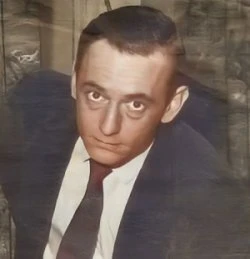
Playwright Willis Hall, who is most famously remembered for Billy Liar, a character he didn’t create, came from a working class background which he drew upon for much of his writing. And whilst his hugely successful working partnership with his life-long friend Keith Waterhouse produced some of the most highly praised works for the theatre, his output of over 250 works which encompassed drama, comedy and social comment were popular on screens both big and small. And very few writers produced better.
Willis Edward Hall was born in Hunslet, Leeds, on 6 April 1929, the only son and elder child of Walter Hall, an engineer's fitter, and his wife, Gladys. He was educated at Cockburn High School. At the age of 12 he met Keith Waterhouse at a local youth club and discovered that they lived a mere 400 yards apart. Hall left school at the age of 14 and tried a variety of jobs. Ambitiously, he tried his hand at journalism, but when that didn't work out, he joined the trawler crews sailing from Hull. When he was eligible for National Service, instead of waiting to be called up he volunteered for the Army and soon found himself in Malaya. Whilst there, he wrote plays for children that were later broadcast on Radio Malaya and he designed sets for Singapore Little Theatre. His experience in Malaya would form the basis of his early claustrophobic play about British WW2 soldiers lost in the Malayan jungle, The Long And The Short And The Tall.
After returning to England in 1953, he joined the BBC as a contract writer and began writing for the theatre. His Malaysian play, which he was asked to write by Peter Dews for eight Oxford undergraduates he was taking to the 1958 Edinburgh Festival, was eventually staged at the Royal Court Theatre in London. Peter O'Toole, then an unknown, was cast alongside Robert Shaw. O'Toole's understudy, who never had the opportunity to appear, was Michael Caine. The critic Kenneth Tynan praised the play and it won the Evening Standard's Play of the Year Award. It was later turned into a film starring Richard Todd, Richard Harris, Laurence Harvey, David McCallum and Ronald Fraser. This was followed by a BBC television series in 1979.
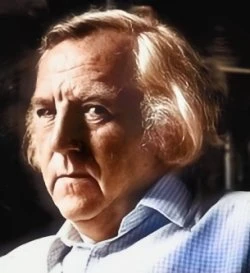
Keith Waterhouse was born on 6 February 1929. After school he worked as an undertaker's clerk but his ambition was to become a journalist. To this end he sent articles on spec to the Yorkshire Evening Post, none of which were published. However, the editor at the Post was impressed by his determination and offered him a job once he completed his National Service in the RAF in 1949. He stayed at the Post for three years before ambition took him to London where he knocked on the editorial doors of Fleet Streets finest, until, eventually, he was offered a job at the Daily Mirror. During his initial stint, he campaigned against the colour bar in post-war Britain.
During his spare time, he wrote his first novel, There Is a Happy Land (1957). With the publication in 1959 of his second book, Billy Liar, he achieved what every novelist dreams of – a best seller. The book was soon turned into a play, with Albert Finney as the eponymous hero. Then he got a call from his old friend from Leeds, Willis Hall, now a successful playwright. Together they wrote the screenplay of Billy Liar, filmed in 1963 with Tom Courtenay as Billy and making a star of Julie Christie.
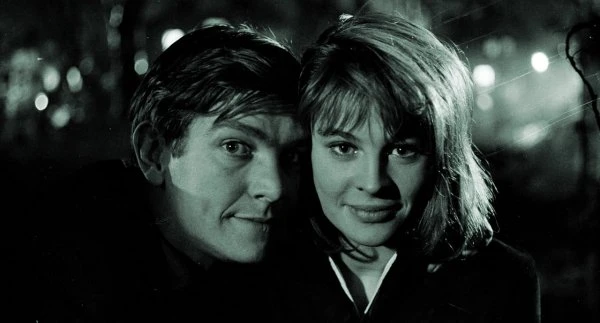
The collaboration with Hall marked the beginning of their lifelong partnership that touched just about every category of show business as they established themselves as leading playwrights of their generation. They had a string of hits which included Whistle Down the Wind, the story of three children from a remote farm in the North of England who mistake a wanted killer for Jesus Christ. After this they found themselves immediately in demand for television.
In 1962 and 63 they were regular contributors to the satirical That Was the Week That Was, and later they wrote for The Frost Report. In 1968, they created the sitcom Inside George Webley which starred Roy Kinnear and Patsy Rowlands, and in 1971 they created the comedy drama series Budgie, starring Adam Faith. In 1973, Billy Liar came to our TV screens as a 30-minute sitcom. Hall and Waterhouse wrote all 26 episodes. Their biggest hit by far was in bringing Barbara Euphan Todd’s Worzel Gummidge to serialised television, writing all 30 episodes of four series starring Jon Pertwee as the scarecrow that comes to life. When the series was revived in 1987 as Worzel Gummidge Down Under, they wrote a further 19 episodes.
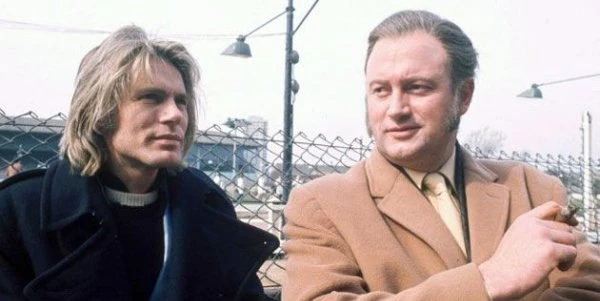
Willis Hall wrote more than a dozen children’s books, including the Vampire series of titles. He was described as having a mind you could almost hear ticking but was unusually sparing in his conversation. He had a strict working ethic, writing from 7am to lunchtime, 365 days a year. He even continued to write soon after suffering from a stomach haemorrhage in his 60s that nearly killed him.
Willis Hall passed away on 7 March 2005, aged 75 years.
Keith Waterhouse wrote 200 plus articles for the Daily Mail and continued to write up until a month before his death. He never talked about his private life and rarely gave interviews. He passed away on 4 September 2009, aged 80 years.
Holding a vital place in the entertainment industry, these four writers are just a tiny example of the writing, which often has the power to shape cultural conversations, provide social commentary, and most importantly, offer a much-needed escape from the stresses of everyday life. They craft narratives that allow us to laugh at the absurdities of the human condition, bringing levity and joy to audiences around the world.
The importance of comedy writers cannot be overstated. They are the architects of humour, the creators of the moments that make us laugh until we cry, or sometimes cry until we laugh. Through their scripts, they build connections, foster understanding, and create the experience of joy. In a world often overshadowed by negativity, comedy writers remind us of the enduring power of laughter, proving time and again that sometimes, the best medicine really is a good laugh.
Published on July 11th, 2024. Written by Laurence Marcus for Television Heaven.


